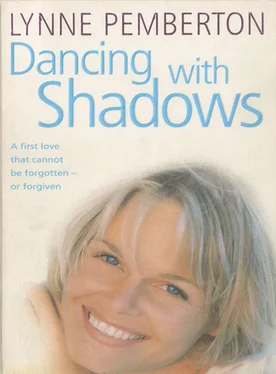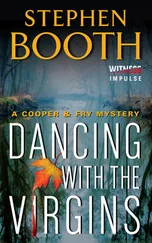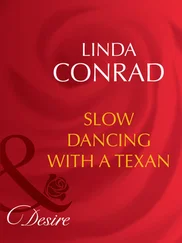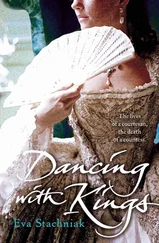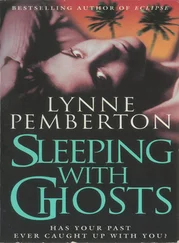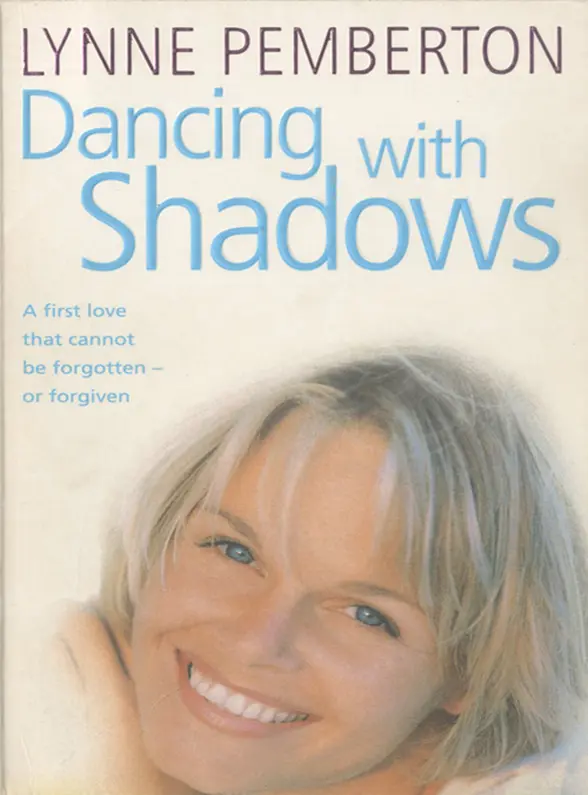
LYNNE PEMBERTON
Dancing with Shadows

Dedication Dedication Chapter One Chapter Two Chapter Three Chapter Four Chapter Five Chapter Six Chapter Seven Chapter Eight Chapter Nine Chapter Ten Chapter Eleven Chapter Twelve Chapter Thirteen Chapter Fourteen Chapter Fifteen Chapter Sixteen Chapter Seventeen Chapter Eighteen Chapter Nineteen Chapter Twenty Chapter Twenty-One Epilogue Acknowledgements About the Author Acclaim for Lynne Pemberton By the Same Author Copyright About the Publisher
For Michael Pemberton Jnr, my only son, whom I love with all my heart .
Cover
Title Page LYNNE PEMBERTON Dancing with Shadows
Dedication Dedication Dedication Chapter One Chapter Two Chapter Three Chapter Four Chapter Five Chapter Six Chapter Seven Chapter Eight Chapter Nine Chapter Ten Chapter Eleven Chapter Twelve Chapter Thirteen Chapter Fourteen Chapter Fifteen Chapter Sixteen Chapter Seventeen Chapter Eighteen Chapter Nineteen Chapter Twenty Chapter Twenty-One Epilogue Acknowledgements About the Author Acclaim for Lynne Pemberton By the Same Author Copyright About the Publisher For Michael Pemberton Jnr, my only son, whom I love with all my heart .
Chapter One
Chapter Two
Chapter Three
Chapter Four
Chapter Five
Chapter Six
Chapter Seven
Chapter Eight
Chapter Nine
Chapter Ten
Chapter Eleven
Chapter Twelve
Chapter Thirteen
Chapter Fourteen
Chapter Fifteen
Chapter Sixteen
Chapter Seventeen
Chapter Eighteen
Chapter Nineteen
Chapter Twenty
Chapter Twenty-One
Epilogue
Acknowledgements
About the Author
Acclaim for Lynne Pemberton
By the Same Author
Copyright
About the Publisher
It was the last day of February, white and crisp, and very cold. Cold enough to freeze the balls off a brass monkey , Jay remembered the saying, and how strange he’d found it the first time he’d heard it. But he’d always found Hal Jefferson’s English mannerisms inexplicable. The man had talked in riddles; Cockney rhyming slang had constantly embroidered his conversation and he’d have to translate. ‘Apples and pears – stairs ; Jack and Jill – bill , geddit?’ Sure he’d got it, but he’d never understood why Hal had bothered using three words where he could have used one. Nobody had.
Jay’s face creased a little, it wasn’t a smile, more the effort of trying to put a date on the time he’d first met the dapper Englishman nicknamed ‘Hal’ because of his halitosis. Once, Jay had asked him what his real name was, suggesting that he use it instead of the derogatory reference to his breath. Hal had stuck his face in Jay’s, breathing heavily, emitting a smell like rotting meat. ‘So I’ve got bad breath; who cares?’
Shaking his head Jay wondered why it mattered, then told himself it didn’t; not any more. The nightmare was over, past, done; finito . But was it? Or would he carry the faces and voices of the inmates in his head for the rest of his life? Would they always be with him, muttering the banalities that at the time had seemed of the utmost importance? In those days it somehow brought colour and character to the grey walls, the grey days, when all he had to worry about was staying alive, staying sane and getting out before he got too old.
He saw her before she saw him. Her back was turned towards him. She was stooped and clothed from head to foot in crow black. He wished she’d worn something bright; red would have been heart-warming, or meadow green. A narrow shaft of late winter sun, stark in its brilliance, glanced across the top of her head where the pale pinkness of her scalp could be seen shining through a sparse covering of granite-coloured hair.
Then she looked up. Her eyes were upon him, the same colour, or so they seemed in this light, as her hair. Yet as she came closer he could see they were blue; not the blue of the cornflowers he’d likened them to as a child, but a cold, milky shade, the brightness dulled by age. Jay stood very still, watching her approach. He couldn’t remember how old she was, seventy-one, seventy-two maybe? He tried to recall how old she’d been when she’d had him, almost forty-six years ago.
When she was a couple of feet away she stopped and, pulling herself up ramrod straight, looked directly into his eyes. There was no tenderness there, only searching, and in that instant he knew what he’d always known yet had never allowed himself to accept. She had never believed in him; but, worse, she’d never forgiven him. He hoped she wouldn’t want to hug him, to take him in her arms, to hold him close; not yet, he wasn’t ready. Jay needn’t have worried, her hands were pushed deep into her coat pockets, and she made no further move. Neither of them spoke.
Her face, he noticed, was a strange yellow colour, darker around her mouth and under her eyes. She looks sick he thought, picturing her weariness clinging to her stick limbs like moss to an ancient stone. But then he was older too, his once coal-black hair was threaded with silver, and lately he’d found white streaks in his pubic thatch. Deep lines etched from his nose to the corners of his mouth, and the crisscross tracery of fine lines around his eyes had nothing to do with laughter. He wished it had.
It was Jay who broke the silence. ‘Thanks for coming, Mom.’ The words came out flat like meat forced through a mincer.
A mist of breath rose, like smoke, out of her open mouth. ‘It was the least I could do, son, you ain’t got nobody else.’
He wanted to say that he had a few friends, decent men he’d met inside, who were either innocent, misguided, or just plain desperate when they’d offended. But he said nothing.
‘It sure is cold,’ she said, shuffling from side to side and pushing her hands even deeper into her pockets. She was wearing rubber-soled brown boots, the mass-produced type sold cheaply in supermarkets and discount stores across the country. They were down at heel. Jay knew she could afford new boots, but she was frugal, mean with herself, deriving immense pleasure from penny pinching. A sudden and unexpected image jumped into his mind: his mother was bent over the kitchen table, her lips muttering figures as she calculated the weekly household accounts. A lifetime of hardship, of scrimping and saving, of making do. Old habits die hard , he thought, if at all .
Her eyes had now darted to the building behind Jay. She stared long and hard, as if looking at something or someone in particular. ‘You want a last look?’
A last look? What a fucking stupid question. The pile of bricks and mortar he’d just left would remain with him for the rest of his life. As would the noise, the smell, the loneliness and the fear. Every square inch of Cedar State Penitentiary was indelibly printed on his subconscious as surely as if it had been branded there with white-hot iron. Jay felt like crying. He’d dreamt of this day, this special day, planned every moment in minute detail all those countless times when loneliness had visited, and revisited, inviting him to despair. He’d longed to taste the air on the outside, certain it would smell and feel different from the stuff he gulped every morning in the exercise yard. What would he have become by now without his dreams? Whenever he’d doubted his sanity, his carefully maintained diet of hope had sustained, comforted and enriched his miserable existence. And always in his imaginings this day had been in springtime; a blossom-bursting, sun-filled morning, with deafening birdsong and an intoxicating sense of euphoria. So why did he feel like shit? Why had a black cloud slipped silently like a shroud around his shoulders? Where was the joy of freedom he’d anticipated for so long, the sense of wellbeing he’d so craved? Had he been too optimistic; but then why not? He’d been incarcerated for twenty-five years: twenty-five birthdays, twenty-five Christmasses denied. Stolen. Tears nagged at his eyes; yet something held them back. Come on, Jay; don’t feel sorry for yourself, you got over that years ago. This is the day you’ve been waiting for. So it’s an anticlimax, what the hell … It’s still the first day of the rest of your life .
Читать дальше
